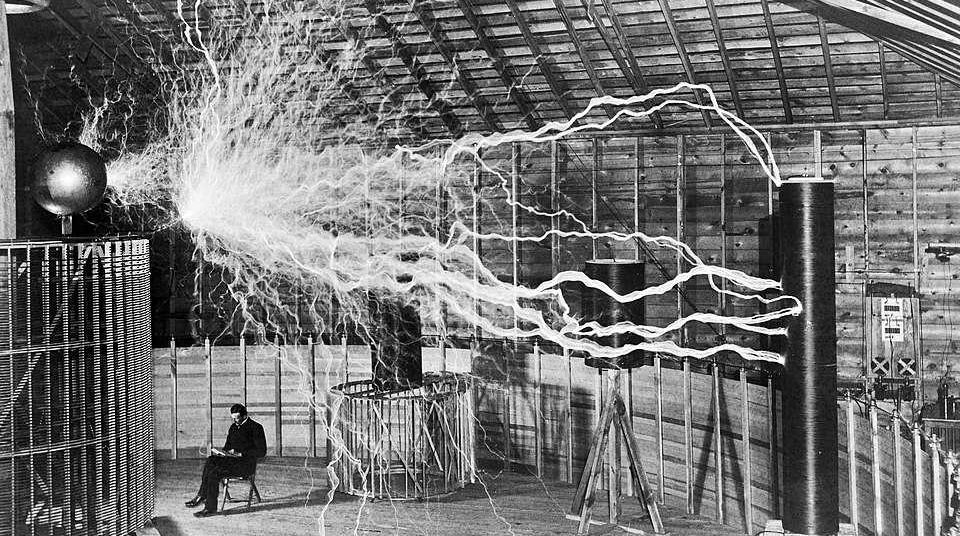Mom realizes she's been using the 'heavy' setting on her washer wrong for years—and fellow moms are shook
"Today years old when I realize why my blankets are sopping wet."

Stay-at-home mom Catrina shares shock at learning what the 'heavy' setting on her washer means.
Knocking out loads of laundry is a feeling of accomplishment that is unmatched. Depending on what needs to be washed, washing machines offer a variety of settings for the ideal clean. But even the most seasoned laundry pros can admit that they don't fully understand how to use them properly.
One stay-at-home mom shared her funny and relatable washing machine mistake. Catrina (@granolabarpan) got the shock of a lifetime when she realized that she had been using the "heavy" setting on her washer wrong for years.
"POV: today years old when it clicks why my blankets are sopping wet!!! I thought HEAVY meant heavy items being washed," she wrote in the video's overlay.
"Heavy on my machine means heavily soiled," she went on to add in the comments. "I thought it meant the stuff I was putting in the machine was heavy in weight/pounds."
Some moms are also realizing this for the first time. "Ok.. so I am 66 years old learning this???!! I always thought that heavy meant weight also😂," one person commented. Another person wrote, "Well I was today years old when I learned what heavy meant too…😂"
Others expressed confusion with so many settings, and reminiscing on simpler times. "Wait a minute. 😂. I think I need to for once go and read the manual because I have been wondering about all of the options," another user wrote. And another chimed in, "I want my old $250 3 options hot/warm/cold on/off washer back. It didn’t die it rusted out but took 25yrs to do it. I had 5 kids, plus my ex in-laws living with me."
Washing machine settings, explained
Struggling to understand the settings on your washing machine? You're not alone.
"Knowing these settings helps avoid common laundry mistakes, such as using the heavy cycle for heavy fabric weight instead of heavy soil, which can lead to ineffective cleaning or damage over time," Vanessa Ruiz, a professional organizer at Sparkly Maid San Antonio, tells Upworthy.
These are five washing machine settings and how they work:
1. Normal/Regular Cycle
Ruiz explains that this is your typical setting for day-to-day loads such as t-shirts, jeans, sheets, and underwear.
"These laundry loads are typically washed in warm water and the setting is rinsed with medium spin speeds through agitation in order to properly clean moderately soiled garments," she says. "This cycle is safe enough to wash a variety of different fabric content with a somewhat dirty load."
2. Delicate/Gentle Cycle
Ruiz notes that the delicate cycle is created specifically for delicate fabrics—lingerie, silk, lace, or embellished clothing—that may become damaged in a normal or regular wash.
"This cycle will use moderate spin speeds through gentle agitation to thoroughly dry clean and not damage clothes too easily," says Ruiz. "This is the preferred cycle when laundry items that require extra care or are labeled 'delicate' or 'hand wash' need to be washed."
3. Heavy Duty Cycle
The heavy duty cycle is specifically for heavily soiled items like work clothes, kitchen towels, and bedding.
"This setting uses higher water temperatures, longer wash times, and powerful agitation to remove stubborn dirt and grime. It’s perfect for those tough laundry jobs, but not recommended for delicate fabrics," explains Ruiz.
- YouTube www.youtube.com
4. Bulky/Bedding Cycle
This cycle is often confused with "heavy."
"This cycle accommodates larger, heavier items that absorb a lot of water, such as comforters, pillows, and sleeping bags," says Ruiz. "It uses more water, medium spin speeds, and longer wash times to thoroughly clean bulky items without causing damage or imbalance."
5. Quick Wash
In a rush? This is the perfect setting to use.
"It is an accelerated wash cycle designed for small loads of lightly soiled clothes, usually lasting 15 to 40 minutes," says Ruiz. "It’s great for when you need clean clothes fast and can save energy compared to longer cycles."
This article originally appeared last year.
- Woman is baffled upon discovering her boyfriend washes the laundry detergent cap with his clothes ›
- Getting off the grid just got a bit easier thanks to this low-tech laundry machine. ›
- Expert says there's only one laundry cycle you ever need, no matter what's being washed ›
- How a bestselling author conquers anxiety with 'fear-setting' - Upworthy ›
- The best laundry cycle to extend the life of clothes - Upworthy ›



 A UPS truck with package deliveries.Image via Wikipedia
A UPS truck with package deliveries.Image via Wikipedia
 A man at a grocery store in the produce aisle.
A man at a grocery store in the produce aisle. A close-up of hands prepping baking ingredients.
A close-up of hands prepping baking ingredients.  A warehouse full of stacked boxes.
A warehouse full of stacked boxes.  A yellow shirt with a stain, lemon, and baking powder
A yellow shirt with a stain, lemon, and baking powder

 Nikola Tesla with his equipment. via
Nikola Tesla with his equipment. via 